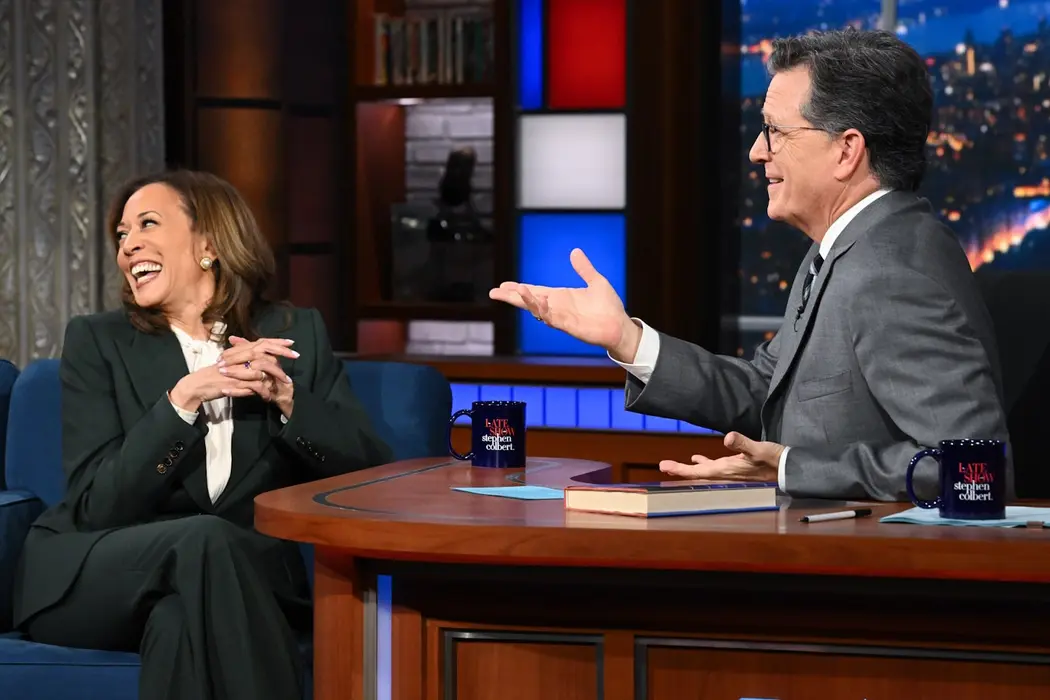T4K3.news
Stephen Colbert's Late Show Ratings Rise After Cancellation
The Late Show posted strong numbers in a week following news of its cancellation, highlighting ongoing debates about budget and cultural value in late-night TV.
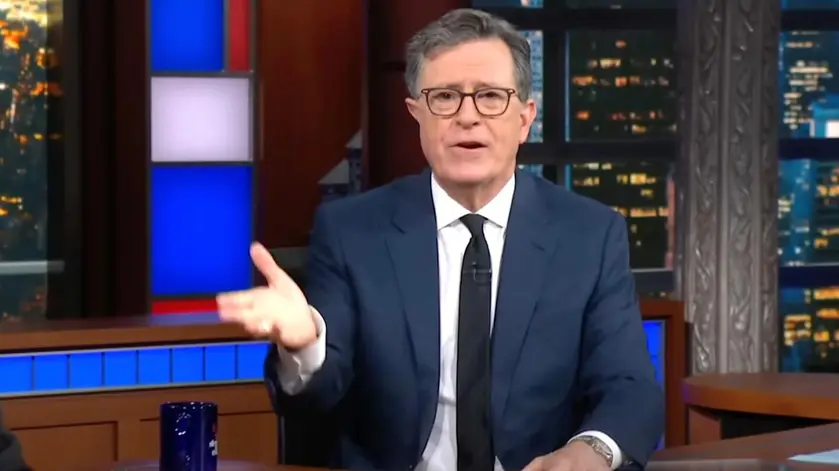
The Late Show's audience numbers move in the wake of its cancellation, highlighting budget pressures and audience dynamics in late-night TV.
Stephen Colbert's Late Show Ratings Rise After Cancellation
The Late Show with Stephen Colbert drew 3.016 million viewers for the week of July 28, with a 12.51 percent audience share, according to Nielsen Live+3 data. The figure shows a small week-to-week drop of 1.4%, but the prior week, July 21, produced the highest share for Colbert since he took over in 2015. The show also posted 304,000 viewers in the Adults 18-49 demo, up 2.7% from the previous week.
CBS announced on July 17 that The Late Show will end in May 2026 for financial reasons, a decision that has spurred discussion about motives and corporate strategy. In the same time slot, NBC’s Tonight Show Starring Jimmy Fallon averaged 1.33 million viewers (down 3.6%) and 181,000 in the 18-49 demo (up 12.4%), while ABC’s Jimmy Kimmel Live! averaged 798,000 viewers (down 26%) and 120,000 in the demo. Fox News’ Gutfeld! led late night with 3.16 million total viewers (down 2.7%) and 238,000 in the 18-49 demo. Seth Meyers’s Late Night topped the 12:37 am slot with 921,000 viewers (up 8%), and The Daily Show averaged 921,000 viewers at 11 pm with 186,000 in the demo.
Key Takeaways
"Money talks louder than punchlines in the boardroom"
Commentary on budget pressures influencing the cancellation decision
"Ratings are a snapshot not a verdict on a career"
Reminds readers numbers don’t define a host
"The audience will decide what late night looks like next"
Emphasizes viewer agency in shaping future formats
"Cancellations rarely end a conversation about culture"
Links network decisions to broader cultural discussions
The week offers a snapshot of a paradox in modern TV: budget cuts are pushing networks to rethink flagship formats even as shows maintain broad reach. The cancellation decision, tied to financial considerations, invites scrutiny of how much a program’s cultural value weighs against a bottom line. It also underlines how a host’s public stance on industry matters can intersect with corporate choices, especially when big players face settlements and political headlines.
Looking ahead, late-night economics look unsettled. Live numbers still matter for ad sales, but streaming clips and social engagement extend a show’s life beyond the studio. The week’s ratings show a competitive landscape where Fox’s Gutfeld! can outrun traditional rivals in total viewers, while the rest of the field fights for 18-49 relevance. The real question is whether Colbert’s audience follows him into a new chapter or shifts attention to other formats as networks recalibrate.
Highlights
- Money talks louder than punchlines in the boardroom
- Ratings are a snapshot not a verdict on a career
- The audience will decide what late night looks like next
- Cancellations rarely end a conversation about culture
Budget pressures and political backlash risk
The cancellation and industry chatter touch on budget cuts and potential political implications surrounding corporate decisions. This piece notes speculation about motives and the possibility of audience backlash.
The next act in late-night television will reveal how audiences redefine value in a changing media world.
Enjoyed this? Let your friends know!
Related News

CBS cancels Stephen Colbert's Late Show amid political tensions
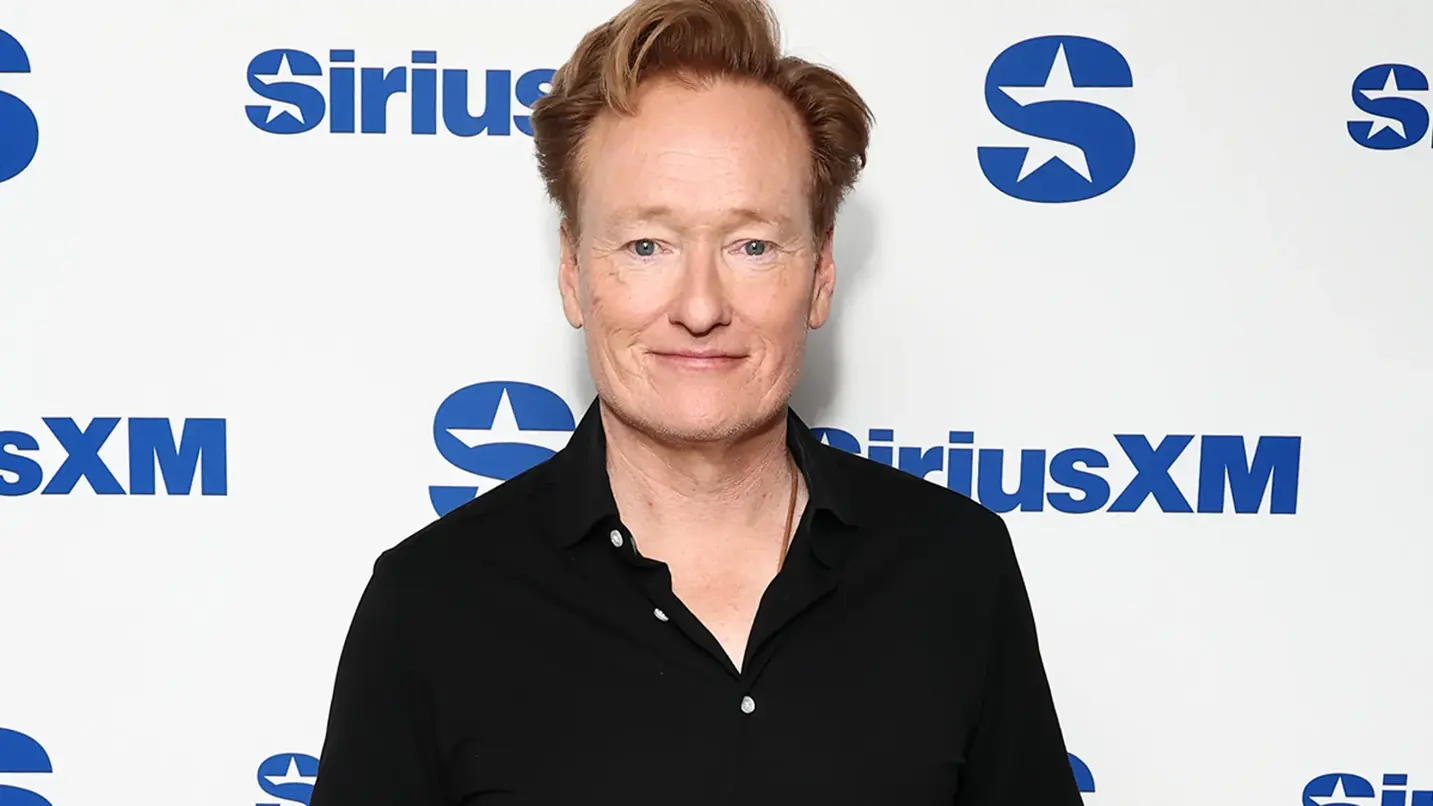
CBS Ends The Late Show Prompting Late Night Shift
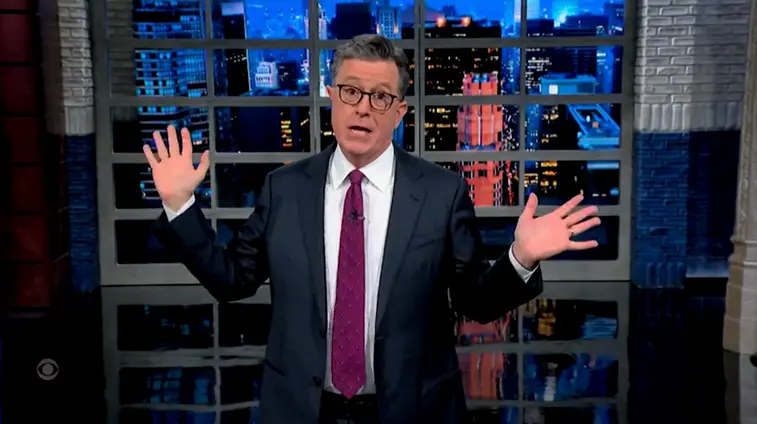
The Late Show with Stephen Colbert will be canceled next May
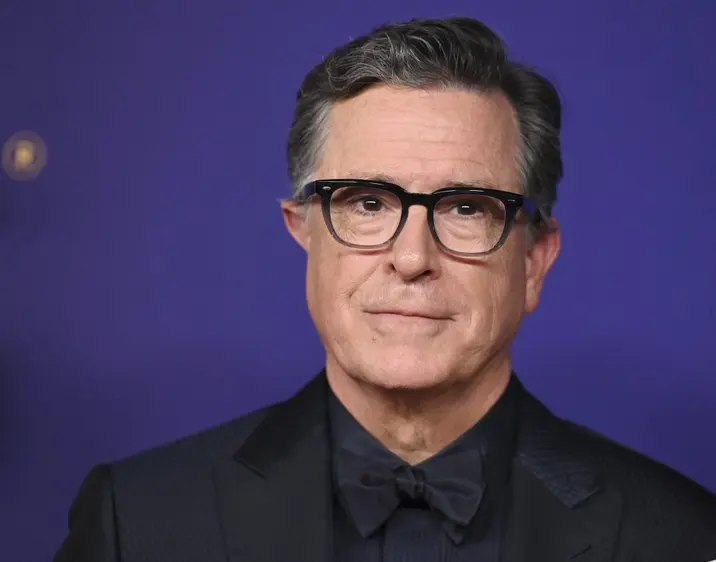
Colbert's Late Show Canceled Amid Political Pressures

George Cheeks Takes Control of South Park
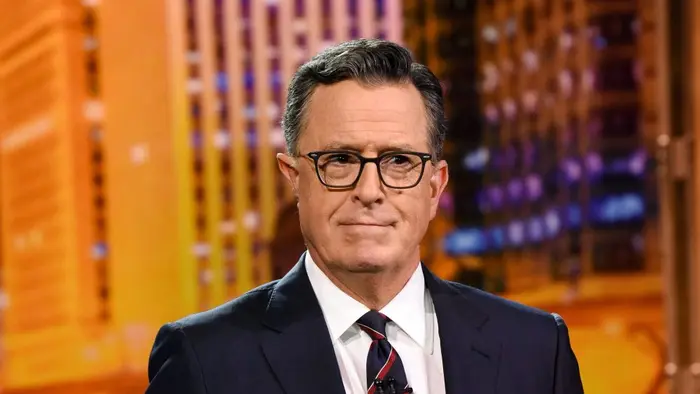
Colbert Responds to Trump's Comments

New Paramount merger finalized with numerous challenges ahead
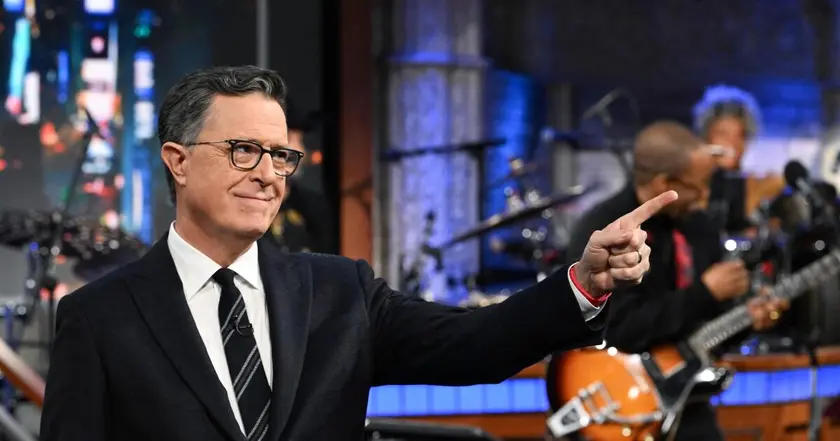
Stephen Colbert fiercely responds to Trump
